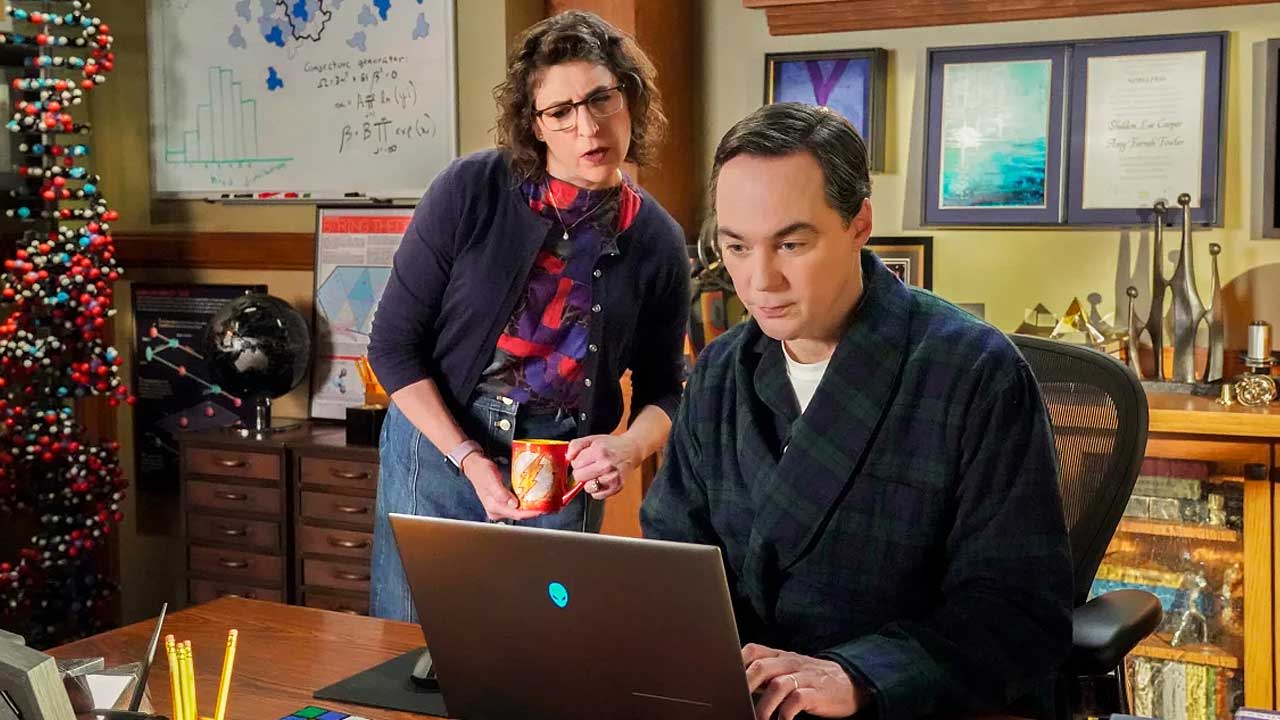
“The Emotional Finale of Young Sheldon: A Masterful Blend of Comedy and Grief”
- by admin
- Posted on 19 August, 2024
Seventeen years after “The Big Bang Theory” made its debut, spinoff “Young Sheldon” has remained one of the bigger hits that network TV can still produce in this diluted day and age. Yet the CBS comedy has seldom figured in the awards conversation, something that its emotionally wrenching yet satisfying series finale should remedy, but probably won’t.
A master class on weaving comedy with grief and regrets, the two-part conclusion to the series, after seven seasons, dealt with the aftermath of central character Sheldon Cooper (Iain Armitage) losing his father (Lance Barber) as he prepares to head off to Cal Tech. That includes reliving his final exchange with his dad over and over, thinking about all the things he could have said – and wished that he had – but didn’t.
The finale also revealed that the voiceover throughout the series by the older Sheldon (Jim Parsons, reprising his “Big Bang” role along with Mayim Bialik) actually came as he was writing his memoir, a middle-aged Nobel prize winner but still as persnickety as ever.
Perhaps most interestingly, the arc of the later seasons of “Young Sheldon” also exposed him as a not-entirely-trustworthy source in regard to his father when speaking about him, usually not very charitably, during “The Big Bang Theory,” with George emerging as a much more sympathetic character as the show progressed.
Series co-creator Chuck Lorre addressed the challenge in his end-of-show vanity card on the penultimate episode, saying when writing Sheldon’s backstory in “Big Bang” that he didn’t realize they’d be grappling with this challenge years later. (Both shows were produced by Warner Bros., like CNN, a unit of Warner Bros. Discovery.)
In an interview with CNN, “Young Sheldon” executive producer Steve Holland said the producers decided that the older Sheldon might have been focusing on his father’s failings as a way of dealing with his grief.
Holland also noted that the young actors in the series, including Armitage and Raegan Revord as his sister Missy, had grown up since the show began and were able to handle the heavy dramatic scenes they shot as the family remembered and eulogized George, prompting his wife Mary (Zoe Perry) to break down and embrace religion even more fiercely as an emotional balm.
The finale managed to give practically everyone an opportunity to shine, from Georgie (Montana Jordan) saying “I won’t let you down, dad” to the assortment of “supporting legends” – as Holland called them – who fleshed out the cast, including Annie Potts, Craig T. Nelson, Wallace Shawn, Ed Begley Jr., and Wendie Malick.
“It was important for us in these last few episodes to give people their moments,” Holland said.
For all the tears (and you’d be hard-pressed to get through this hour without shedding a few), the episode ended on a sweetly hopeful and uplifting note, using the Dire Straits song “Walk of Life,” which, Holland noted, was the very first heard on the series.
Arriving at Caltech, Sheldon is asked by a passing stranger if he’s lost, to which he says, “I’m exactly where I’m supposed to be.”
Ending shows is always hard, and especially so with a prequel series constrained by 12 seasons of the show that preceded it – the TV version of adding a higher degree of difficulty to an Olympic dive.
Given that, “Young Sheldon’s” finale found the right equation, splashing down almost exactly where it needed to be.
Seventeen years after “The Big Bang Theory” made its debut, spinoff “Young Sheldon” has remained one of the bigger hits that network TV can still produce in this diluted day and age. Yet the CBS comedy has seldom figured in the awards conversation, something that its emotionally wrenching yet satisfying series finale should remedy, but probably won’t.…